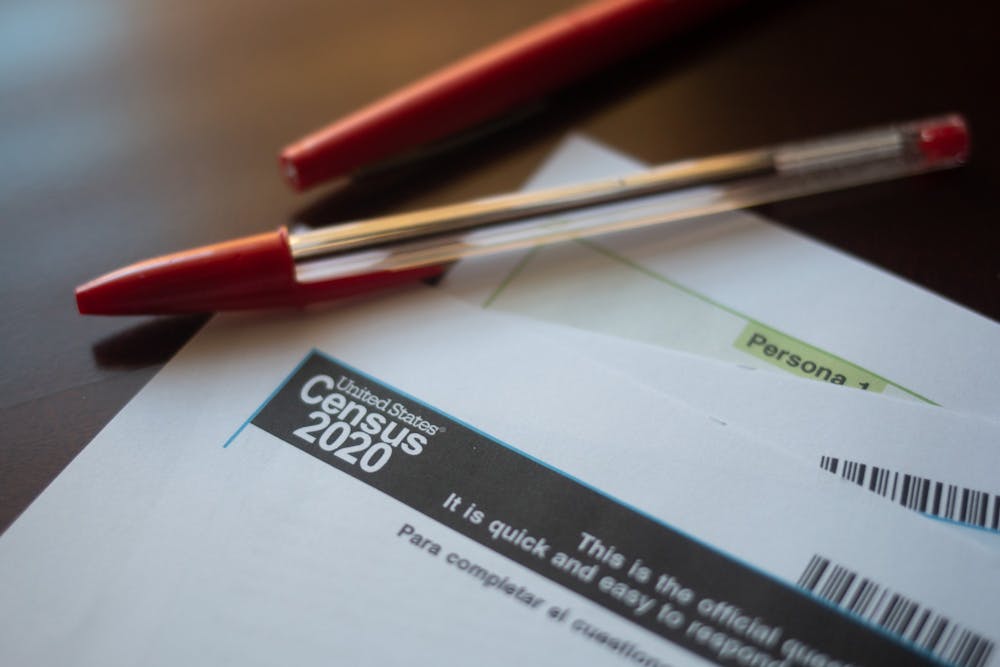In light of census data concerns in several districts throughout the state, Karen Brinson Bell, the executive director of the North Carolina State Board of Elections, has recommended all fall 2021 municipal elections be delayed until spring 2022.
Every 10 years, district lines are redrawn in North Carolina based on census data to maximize the accuracy of political representation in districts.
However, this year the U.S. Census Bureau announced there will be a six-month delay to the distribution of population data due to the COVID-19 pandemic. The data, as a result, will not be available until Sept. 30.
Brinson Bell presented the recommendation to delay municipal elections at the state House Election Law and Campaign Finance Reform committee on Wednesday.
Sixty-two of the over 500 municipalities in North Carolina need the census data in order to proceed with their elections. Chapel Hill and Carrboro are not included in these municipalities.
Brinson Bell said even though the remaining local governments are able to hold their elections without this data, varied election times would confuse voters.
"It is very difficult for voters to understand why one municipality would be having an election, while another is not, especially when they’re accustomed to those elections being held at the same time," Brinson Bell said at a Tuesday NCSBE meeting.
Brinson Bell said holding municipal elections later would also reduce election-related expenses and allow time for the redistricting process to take place before the 2022 primaries.
Wake County Board of Elections member Gerry Cohen said another reason officials may want to delay the elections is because this later timing is more cost-effective.




